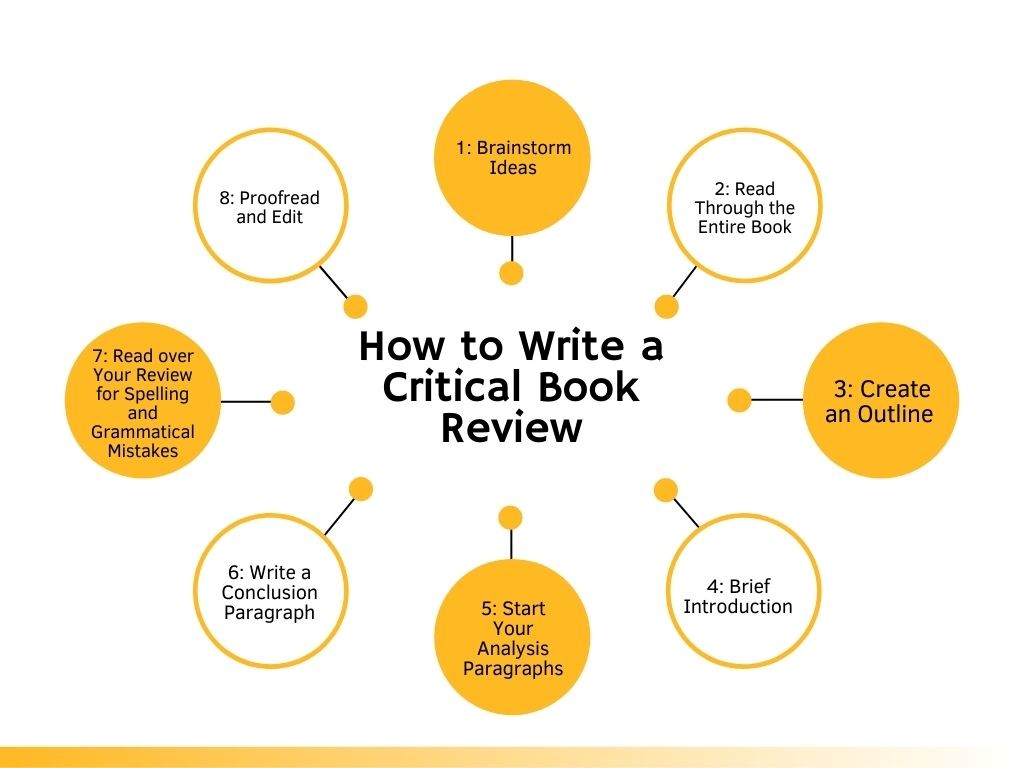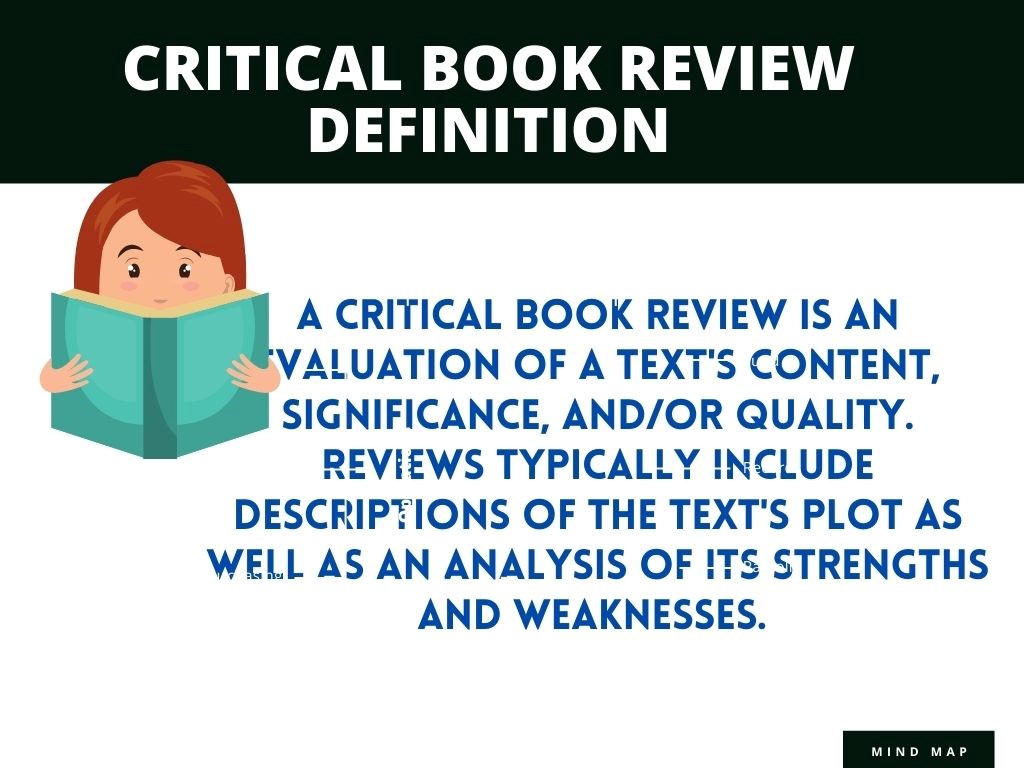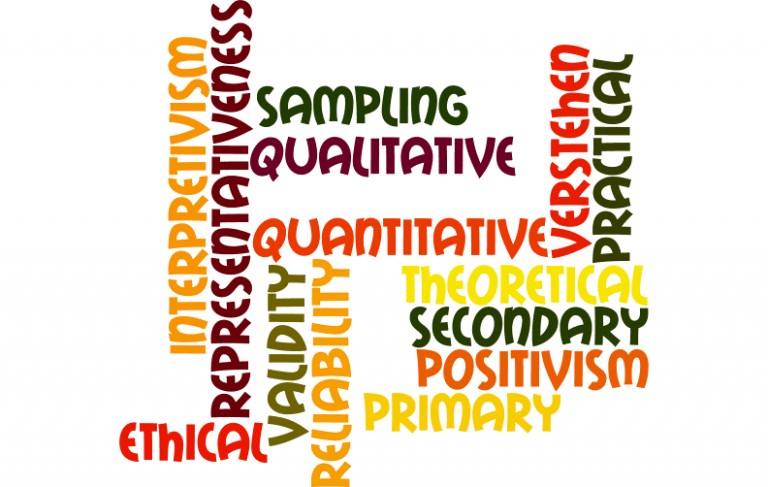How to Write a Critical Book Review
Writing a critical book review is an educational task that demands you to read and analyze it before communicating your opinion. This post will teach you the steps to write a review article from start to finish!
What is a Critical Book Review?
A critical book review is an evaluation of a text’s content, significance, and quality. Reviews include descriptions of the text’s plot, as well as an analysis of its strengths and weaknesses.
Writing a critical book review requires you to identify the author’s thesis statement or purpose for argument, analyze the evidence that supports it, and point out any flaws in logic or reasoning found within the work.
If you have read at least one other work on this topic by another scholar, then make sure to mention their perspective too!
Why Are Book Reviews Important?
Book reviews have a long history of being used to share opinions, express disagreements, and influence readers. This type of argument also helps you learn how to analyze what is going on in a book and find useful facts and bits of information that will help your own writing.
Writing a review article can be an excellent way for those who love to read to show that love.
In a review, you get the chance to give both positive and negative reviews about an author’s book. You are also able to share these thoughts with other readers while recommending it or not.
Critical book reviews can be published on websites, in magazines, or even in newspapers. Before submitting your review of the selected book, make sure you’ve made all necessary changes to improve it.
How to Write a Critical Book Review- Step by Step
Step 1: Brainstorm Ideas
As with any other academic assignment, the first step in planning a critique is to brainstorm ideas. When thinking about your critical paper, ask yourself what the book’s most significant events and goals were. Reading and understanding the book will reveal which characters stood out and the author’s atmosphere for you.
Step 2: Thorough Reading and understanding the Entire Book
When writing a good critique essay, the second thing that you should do is read through your entire text multiple times. You need to look for any critical points and exciting quotes that can be used in your argument, and connect the book’s main purpose to other works of literature or historical events.
Step 3: Create an Outline of the Important Points to Cover in Your Review
The outline should include;
- The introduction (names(s), background information, purpose, and significance).
- An appropriate title. It should state the book’s name and shortly describe what is discussed (it can also include your opinion on it).
- Main body paragraphs (discuss arguments/themes/evidence presented by the author
- Strengths & weaknesses of author’s logic; whether you agree with the book and so forth)
- Conclusions (summing up what your review covers).
Keep in mind that the introduction should stand on its own if someone were to read it.
The body paragraphs also need to stand alone, which means that they should still make sense to a reader who has not yet read the book. The conclusion should also stand alone, though it can draw on points from the main body.
Now that you have an outline, write your first paragraphs.
Step 4: Brief Introduction
Start with a brief introduction of the work being critiqued, including the author’s name and the title of the work. What kind of book review are you writing? For example, if you are writing critical research, what angle are you taking? If it is a review essay? Include all necessary information about your position on this work and an overview of its plot or main points.
Step 5: Start Your Analysis Paragraphs
Once you have introduced the work to your readers, begin writing your review paragraphs, which will each cover a different topic. Back up any claims or statements, you make with relevant quotes that support your research. These quotes should be long enough to represent the main idea of the work and short enough to not take up your essay for too long.
Step 6: Write a Conclusion Paragraph
Your conclusion should not only summarize all your points but also briefly provide some final thoughts on what you thought of this text.
Step 7: Read over Your Review for Spelling and Grammatical Mistakes
If you have enough time, ask someone else to read it as well.
Step 8: Proofread your Work
Read it out loud to hear if anything is unclear or awkward. Ask for help from a friend, classmate, or other experts if necessary.
Edit your review multiple times until you are satisfied with its length and content. You can look at some prompts below to get ideas for what to say about the book: Major themes/theories; author’s background, qualifications to write; strengths and weaknesses of arguments presented in the book; main idea (thesis); what is most valuable to you personally; things you disagree with.
Step 10: Submit on Time
Now that your review has been edited and proofread, submit it on time! Your professor should give you information regarding how to present it, whether in electronic or hard copy format.


How Do You Write an Effective Body Paragraph for Your Critical Review?
The body paragraph is where you will summarize the main argument and some main points in each section. It is helpful to have a copy of the book (or your notes) with you while writing. It’s sometimes challenging to remember exact quotes and details from the text, so having it front and center will make things much easier for you.
This is where you’ll get critical and interpretive, and supportive of evidence made in the book. You’ll need to think critically about the author’s point of view and how well it is supported in the text. You can also critique both sides of an argument if there are opposing views or perspectives on a topic or issue (i.e., “this author makes many valid points but also has some limitations”).
The body paragraph is also where you’ll summarize some main arguments, point by point. Be careful, though. Do not give away everything before your reader gets to the book! Also, you will want to use quotes from the text to support your explanations.
What Are the Qualities of a Good Book Review?
A good book review contains:
1) Textual review
2) Review of the author’s craft
3) Critical thinking skills.
What Are the 3 Main Elements of a Critical Book Review?
The three main elements of critical book reviews include;
1. Summary
The summary is a brief overview of the book, including its purpose and where it fits within the broader field of discourse. Summaries are helpful for those who want just enough information about a text to decide whether to read it. However, they can also reveal what an author thinks about the book and fit into a broader context.
2. Analysis/Review
The research part of your review article is what you compose to be specific about what was written and why. It’s an in-depth description of all aspects of the text, including its content, structure, style, purpose, and evidence. Analyzing the book will help you better understand it and organize your thoughts about it.
3. Critique
The critical evaluation is distinct from the analysis in that it focuses on whether a text does what it set out to do and if readers should spend their time reading a particular work. It’s also important to consider whether your own biases and opinions influenced your review of the book. It is not uncommon for reviewers to unintentionally slip their stances into a piece.
Professional Tips
If you want to create your book critique essay, read on as we give you some tips:
1) There should be one main argument.
2) Have at least two supporting paragraphs with proof.
3) The critique should flow well. Otherwise, it won’t be easy to read.
4) It is essential to distinguish your voice from the author and other critics/reviewers.
5) Remember to write a strong concluding paragraph that summarizes all the points in the research papers.
6) Feel free to read our book review samples at Tenured Buddy, or check out our blog for more tips on how to improve your work!
We also have book report writers at your service!
Summary
A critical book review summarizes the book’s contents, evaluates its strengths and weaknesses, discusses essential themes in the text, determines its overall impact on the field, and appraises the author’s contribution.
Thus, it is essential to be acquainted with all the aspects of a critique before writing one. According to experts and many students who have already written reviews themselves, brainstorming is the first and foremost thing that needs to be done when writing an essay.
Once you have gone through your book and jotted down some notes about what you thought about the text, you can begin writing. The essential part of any critique is to summarize your book into a few crucial ideas. It would help if you also took the time to analyze the author’s argument and explain what they express in their work.
Be sure to find an appropriate quote that will go into detail about your thoughts on this issue. Remember to back up all your claims with solid evidence!


I‘m a freelance content and SEO writer with a passion for finding the perfect combination of words to capture attention and express a message. I create catchy, SEO-friendly content for websites, blogs, articles, and social media. My experience spans many industries, including health and wellness, technology, education, business, and lifestyle. My clients appreciate my ability to craft compelling stories that engage their target audience, but also help to improve their website’s search engine rankings. I’m also an avid learner and stay up to date on the latest SEO trends. I enjoy exploring new places and reading up on the latest marketing and SEO strategies in my free time.







